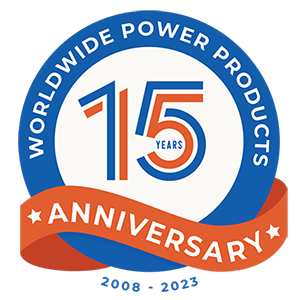3 Important Tips to Consider Before Purchasing a Generator
If you were living in Texas during the February 2021 Arctic Storms and didn’t have a backup generator, you likely went without utility power for several days. At one point, 1/3 of all Texas services were without power! That’s approximately 10 million people who were extremely cold, didn’t have running water and may of even had pipes burst in their homes or business’. As a result, generator sales in Texas have reached an all time high and some manufacturers lead times are as far out as six months.
Let’s face it, generators are expensive and complex pieces of equipment. Purchasing the right generator for your home or business is a big decision and there is lot of companies and models to choose from.
Here are 3 recommendations to consider before purchasing a generator for your home or business:
-
- Choose a manufacturer and model based on quality and reliability. Not just the lowest price!
If you are going to make a large capital investment on a backup generator and automatic transfer switch (ATS), then do it the right way with a reputable brand and model and don’t just go with the cheapest option. Going cheap on an emergency generator often equates to an unreliable piece of equipment long term. For example, air cooled generators are not nearly as robust as liquid cooled generators and not meant to run long periods of time. Just ask the residents and businesses in Lake Charles, LA their experience with air cooled generators after Hurricane Laura hit and they were without power for weeks. Many backup generator models are not built to run long periods of time. This is especially true in hotter climate areas like Texas and the Gulf Coast states.
-
- Choose a reputable company who has the expertise to guide you through the whole process.
From product selection to installation is a complex process that requires experience and many skilled trades. You will need to know the correct size, sound level and emissions requirements, neighborhood or city restrictions, where to place it, obtain permits, pour the pad, and much more. Hire a reputable company that can help direct and manage the electricians, plumbers, crane and rigging, concrete pad, technicians, etc. Do your homework on the company and ask for references, check their google and online reviews, etc.
-
- Sign up for an annual maintenance plan.
Regularly scheduled maintenance is critical. Generators should be exercised regularly and a certified generator technician should be coming by at least 3 times per year for quarterly maintenance inspections as well as an annual where they will change oil, filters, belts, etc. We also recommend a load test at least once per year. NFPA (National Fire Protection Agency) requires an annual load test at hospitals and many buildings. TCEQ also requires it for water treatment facilities. Choose a service company that answers the phone after hours and has spare parts in stock. In the event of an emergency, you need a reliable service company with experienced technicians and is familiar with your specific generator.











